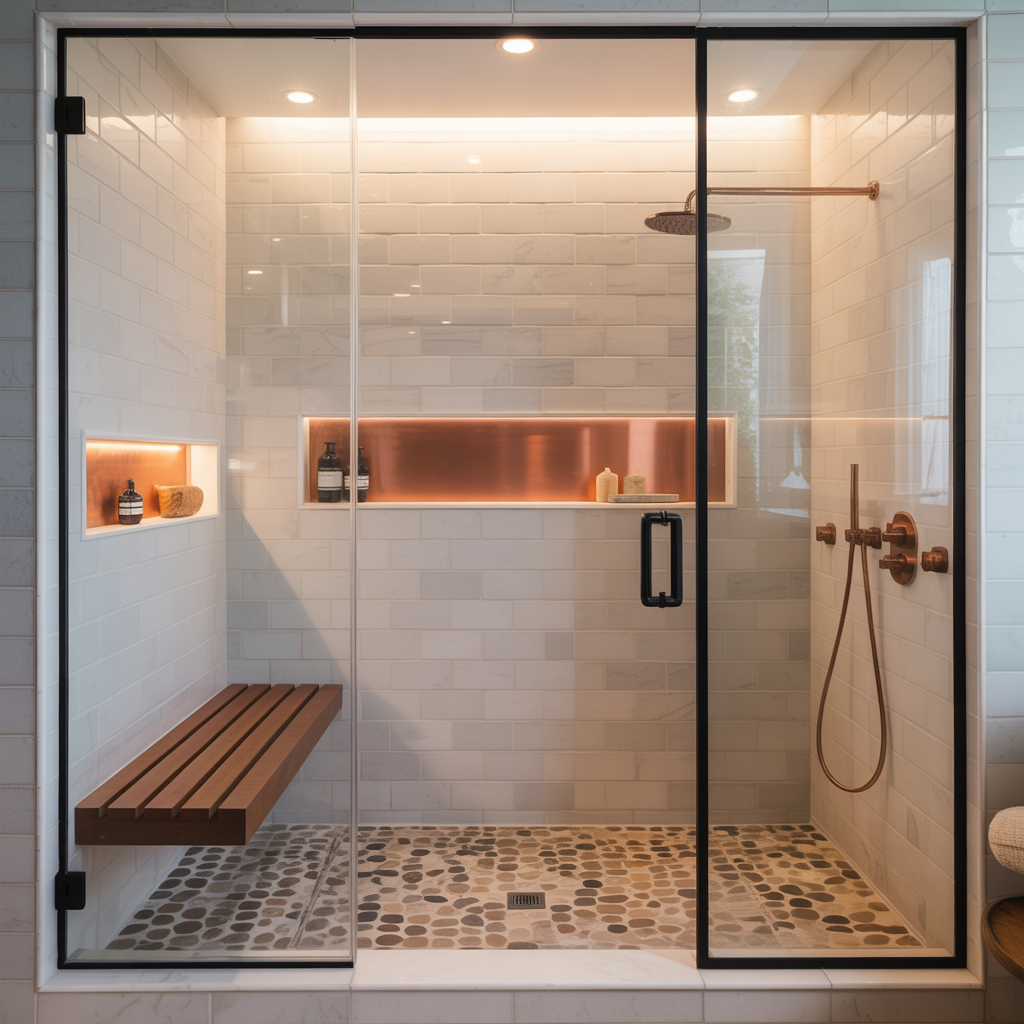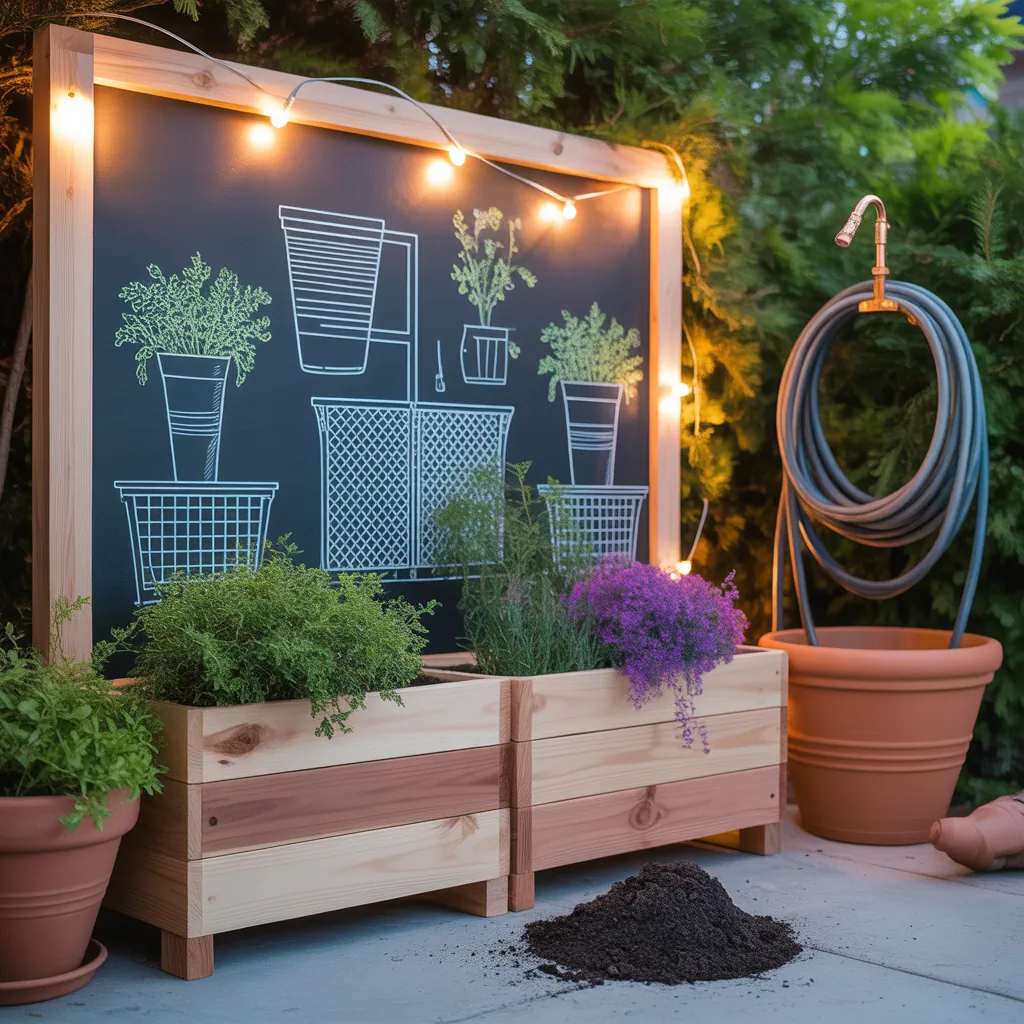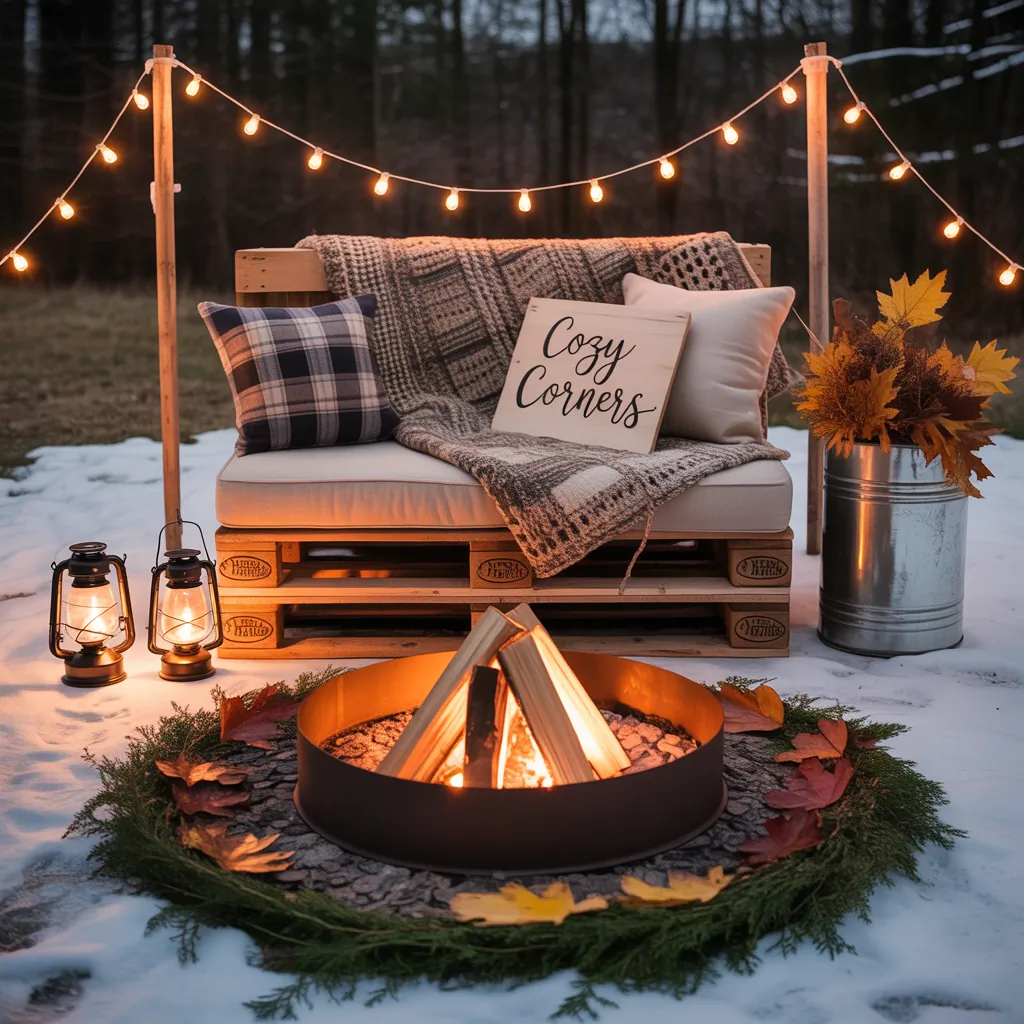Ever stood in your cramped, outdated shower and wondered how to turn that tired space into a spa-like retreat without breaking the bank? Whether you’re tackling a weekend DIY project or planning a full bathroom renovation, shower remodels offer big visual impact for a relatively small footprint. In this article you’ll find practical DIY tips, step-by-step improvement ideas, and design inspiration for small bathroom shower remodel ideas, walk-in shower conversions, and budget-friendly shower renovations.
Why Remodel Your Shower?
Updating a shower can improve daily comfort, increase accessibility, and boost home value. From replacing old tile and grout to converting a tub into a walk-in shower, targeted updates address leaks, mold, and poor layout while creating a refreshing focal point. Plus, many shower upgrades are ideal for weekend DIY projects.
Remodel ideas for showers: Budget-friendly options
Not every shower remodel requires a complete gut job. Here are affordable ways to modernize your shower on a budget.
1. Refresh grout and caulk
- Why it matters: Clean grout instantly brightens tile and solves mold problems.
- DIY steps: Scrub with a grout cleaner, remove damaged grout with a grout saw, regrout with sanded or unsanded grout depending on tile spacing, and seal once cured.
- Tip: Use mildew-resistant caulk around seams and a grout sealer to extend the life of the repair.
2. Swap out shower fixtures
- What to change: Upgrade to a handheld showerhead, rainfall head, or a thermostatic valve for better water control.
- DIY steps: Turn off water, remove the old fixture, apply plumber’s tape, and install the new fixture. For valve replacements, consult a pro if you’re not comfortable with plumbing.
- Result: Low cost, high reward—better pressure, style, and efficiency.
3. Paint or reglaze an acrylic tub surround
- Best for: Homeowners who want a fresh look without replacing the tub.
- DIY steps: Clean thoroughly, sand the surface, apply a bonding primer, and use a tub-and-tile epoxy paint.
- Note: This is a temporary fix—expect a few years of improved looks but not the longevity of new materials.
Stylish upgrades: Mid-range to high-end remodel ideas
If you have room in the budget, consider these design-forward upgrades that elevate both function and resale value.
4. Convert tub to walk-in shower
- Why convert: Walk-in showers save space and modernize layout—great for accessibility and resale.
- Key steps: Demo tub, prepare subfloor and drain (consider a linear drain), install a waterproof shower pan or mortar bed, apply cement backer board, tile, grout, and install glass enclosure.
- Pro tip: Consider a low-threshold or curbless design for universal design benefits.
5. Tile patterns and feature walls
- Design ideas: Herringbone, subway tile with contrasting grout, large-format porcelain, or a vertical accent stripe for height.
- Installation tip: Use tile spacers, plan layouts to minimize cut tiles in focal areas, and install a recessed niche for soap and storage.
6. Frameless glass doors and lighting
- Effect: Frameless glass makes even small bathrooms feel larger and more luxurious.
- Lighting tip: Add recessed lighting or a waterproof LED niche light to brighten dark corners.
Practical DIY tips: Tools, materials, and scheduling
Even experienced DIYers benefit from a plan. Follow these realistic steps to keep your shower remodel on track.
- Measure twice, plan once: Sketch the space, note plumbing locations, and determine whether structural or waterproofing changes are needed.
- Buy quality waterproofing: Use a membrane system or liquid waterproofing on floors and walls—this prevents leaks and failures down the road.
- Sequence your work: Demo → plumbing rough-in → waterproofing → backer board → tile → fixtures → glass/doors → trim and caulk.
- Budget for surprises: Set aside 10–20% contingency for hidden water damage or subfloor issues.
- Safety first: Use a GFCI-protected outlet for temporary tools, wear eye and respiratory protection when cutting tile, and ventilate when using adhesives or sealants.
Design inspiration: Styles to consider
Choose a look that matches your home and lifestyle. Here are a few trending shower styles:
- Modern minimal: Large-format tiles, linear drain, and matte black fixtures.
- Classic subway: Timeless white subway tile, dark grout for contrast, and chrome hardware.
- Natural spa: Stone-look porcelain, pebble floor, teak bench, and warm wood accents.
- Industrial chic: Concrete-look tiles, black metal frames on glass doors, and exposed shower plumbing.
When to call a professional
DIY can handle many shower projects, but hire a pro if you encounter:
- Major plumbing relocation or new drain installations
- Structural damage, extensive mold, or rot
- Complex waterproofing requirements (e.g., curbless showers with slope work)
- Local code challenges or when permits are required
Maintenance tips after a shower remodel
Keep your remodel looking fresh with a little routine care:
- Wipe down glass and tile after use to reduce soap scum and water spots.
- Reseal grout annually with a grout sealer.
- Check caulk lines and re-caulk where they crack or pull away.
Frequently Asked Questions
1. How much does a typical shower remodel cost?
Costs vary widely: a basic cosmetic refresh (new fixtures, regrout, and paint) might cost a few hundred dollars. A mid-range tile and fixture remodel can range from a few thousand to $8,000, while a full conversion to a high-end walk-in shower can cost $10,000 or more depending on materials and labor. Always get multiple quotes for larger projects.
2. Can I tile over existing tile in a shower?
It’s possible, but not always recommended. Tiling over existing tile can save demo time but requires stable, well-adhered tiles and proper surface preparation. Often it’s better to remove old tile to inspect waterproofing and substrate to ensure long-term durability.
3. What’s the best flooring for a shower to prevent slipping?
Small-format tiles (like 2×2 or mosaic) with more grout lines provide better traction; textured porcelain and natural stone with a non-slip finish are also good choices. Avoid highly polished tiles on shower floors to reduce slip risk.
Conclusion — Take the next step with your remodel ideas for showers
A shower remodel can be a rewarding DIY project or a smart investment when done professionally. Start small with grout and fixtures, or plan a full walk-in conversion—either way, thoughtful choices in waterproofing, layout, and materials pay off. Ready to begin? Browse our DIY projects for step-by-step guides, or check related inspiration under home design ideas and kitchen upgrades to coordinate your overall home refresh. If you want help planning your specific remodel, leave a comment or schedule a consultation to get tailored advice.



